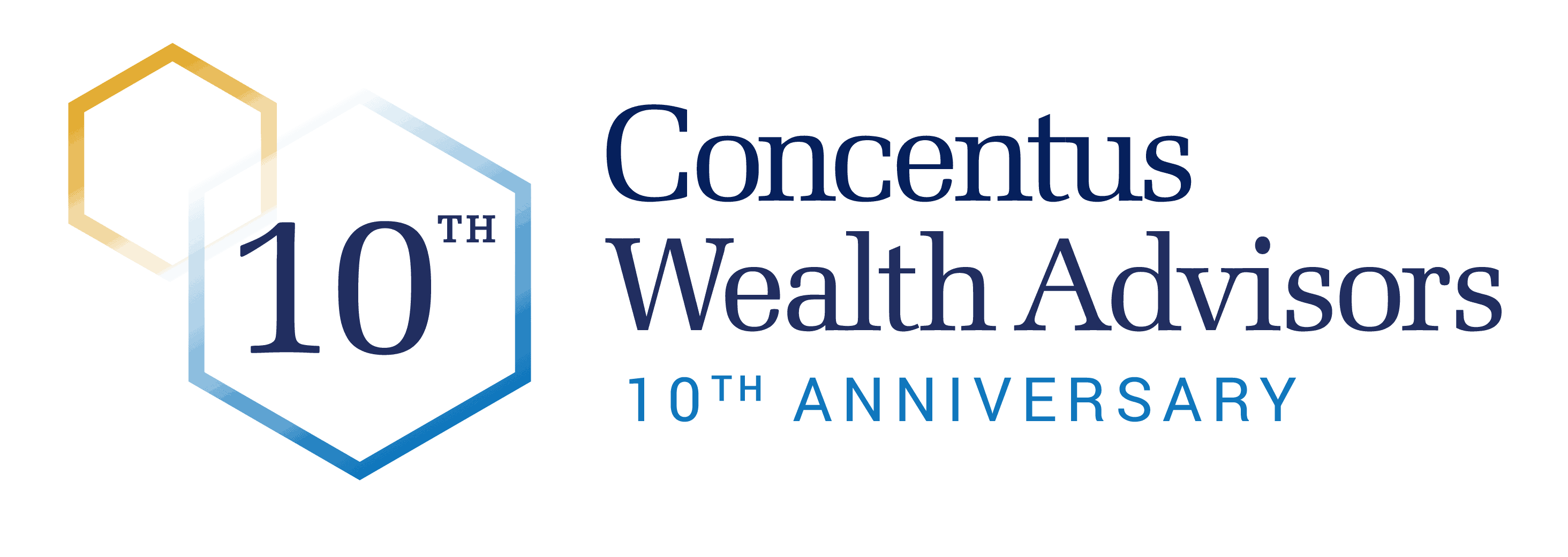We’ve all been there — checking our investment accounts daily, constantly comparing our lifestyle to others on social media, or feeling that nagging sensation that we should be doing more, earning more, having more. But what if the secret to financial peace isn’t about accumulating more but rather understanding what “enough” means to you?
After years of working with families, we’ve noticed something interesting: Often, it’s not the wealthiest clients who feel the most secure — it’s the ones who have clearly defined what “enough” means to them.
The endless pursuit of more
Life has changed in countless ways since the Stoics walked the Earth, sharing their thoughts on seemingly everything, yet many of their lessons remain relevant today, especially when viewed through the lens of financial planning and modern wealth. Here are a few of my favorites:
- The ancient Stoic philosopher Seneca observed, “It is not the man who has too little, but the man who craves more, that is poor.” This insight feels especially relevant in today’s world of instant gratification and constant comparison. We’ve worked with clients initially caught in the pursuit of more without first asking themselves why they want it or how it would change their lives.
- Take Epicurus, who, despite not being a Stoic himself, shared many of their views on sufficiency. Despite being one of the most influential philosophers of his time, he lived simply and famously said, “Nothing is enough for the man to whom enough is too little.”
- Marcus Aurelius, despite being the emperor of Rome, kept a journal reminding himself not to be seduced by luxury and excess. He understood that true wealth comes from wanting what you already have, not from having what you want.
The truth is, chasing “more” without purpose is like trying to fill a bucket with a hole in it — no matter how much you pour in, it never feels full.
What’s “enough” for you?
So, how do we translate this ancient wisdom into practical financial planning? You probably guessed this is something I think about a lot!
To begin, start with what the end goal looks like, consider asking, “What do I want my life to look like?” instead of “How can I get more?”
As you apply this framework to your financial plan, you may want to consider the value of:
- Having enough to maintain your desired lifestyle
- Supporting your children’s education
- Contributing to causes you care about
- Creating space for experiences that bring you joy
Next, assign actual numbers to these goals. This isn’t about limiting yourself – it’s about giving yourself permission to feel satisfied when you reach these targets.
Finally, and this is crucial, regularly revisit and adjust these numbers. Life changes, and so might your definition of “enough.”
The freedom of boundaries
Here’s something counterintuitive we’ve learned: Setting clear boundaries around what constitutes “enough” actually creates more freedom, not less. As Roy Disney said, and I’ve quoted many times before, “When your values are clear, your decisions are easy.” Understanding your target gives you a chance to:
- Make clearer investment decisions
- Feel more confident saying “no” to unnecessary expenses
- Focus on what truly matters to you and your family
- Stop wondering if you’re “doing enough” financially
Finding your path to contentment
Remember, defining “enough” isn’t about settling for less — it’s being intentional with what you have and want. The Stoics weren’t against wealth; they were against being enslaved by the pursuit of it.
We believe that true wealth management is more than growing your portfolio; it’s about growing your sense of contentment alongside it. When you know what “enough” means to you, every financial decision becomes clearer, every goal more meaningful, and every achievement more satisfying.
Want to explore what “enough” means for you and your family? We’re here to help you have that conversation.
About VALUABLES
Many financial advisors focus on communicating with clients to provide complex analysis of the investment markets and economies. However, we have learned that most clients are not particularly interested in this complex analysis. Most clients hire an advisor for their knowledge of the markets, not for their ability to explain that knowledge. Most want to know what time it is, not how to build a watch.
Experience has taught us that wealthy families care most about using their wealth as a means to a desirable end, which is to achieve a more satisfying, fulfilled and impactful life, and to fulfill their most important Life Values.
VALUABLES is a periodic article series focused on the concepts, systems, and habits which we have observed among families who have been successful in this quest to use their wealth as a tool to live a life of significance. The most successful families share a set of habits, systems, and insights which enable them to use their wealth as a tool to fulfill their Values and what is most important to them.
We named this article series VALUABLES, because it provides an exploration of those habits, systems, and insights. We hope it will help you to consider your assets and possessions which are most valuable to you, and how you can use your financial wealth to enhance and cultivate your true “Valuables”.


Leave A Comment